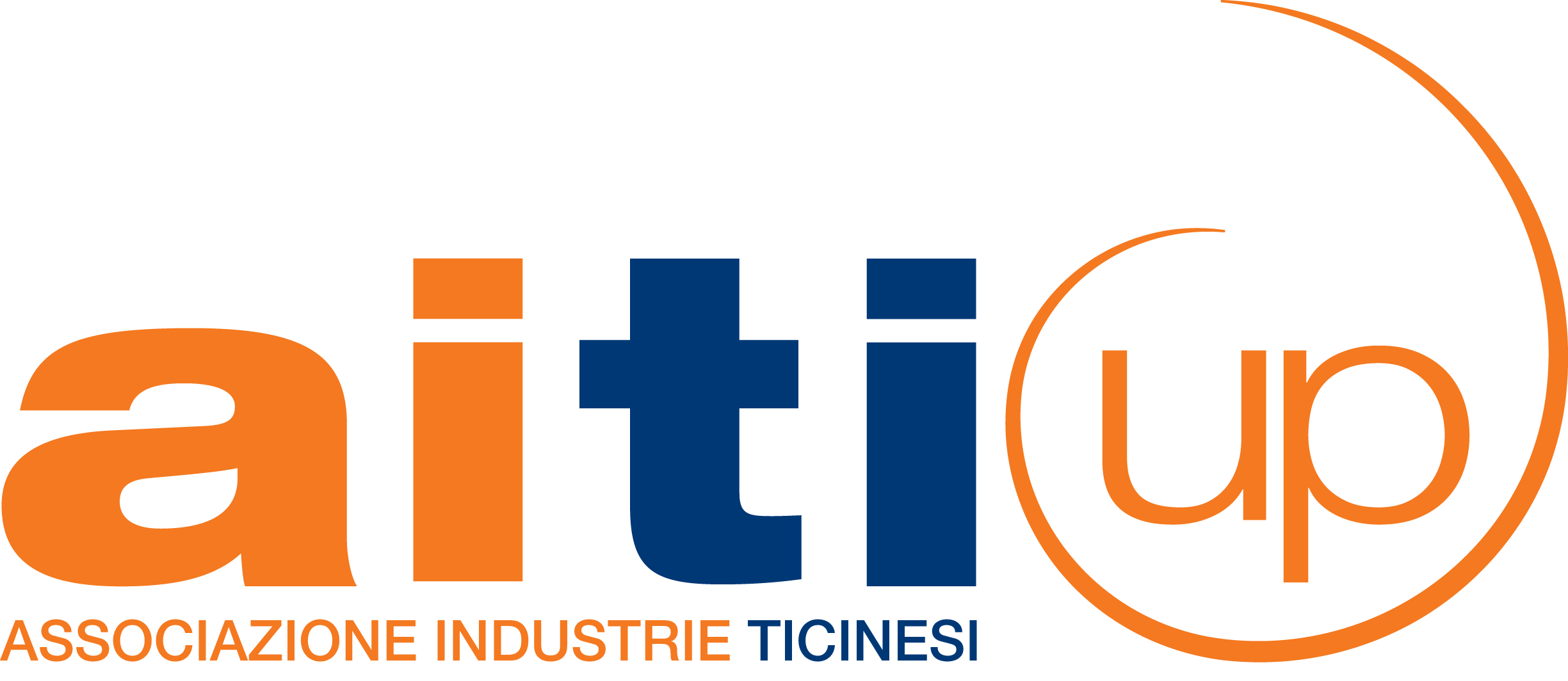Passion and charisma are the essence of young startups. To survive, they must direct these forces into their innovative solutions. It is quickly becoming standard practice for startups to pitch investors on how their business idea can address stresses on the environment, health, and social systems. ESG information can be put to work by startups to create strong partnerships through the ways they claim to address their partners’ ‘pain points’.
Financial regulators in Europe have increased scrutiny on how fund managers are meeting reporting requirements of the EU's Sustainable Finance Disclosure Regulation (SFDR). The SFDR aims to prevent so-called greenwashing of environmental or sustainability credentials. With this change, there is renewed interest in measurement of ESG values. It is also an opportunity to find solutions and partnerships for a more circular economy.
ESG factors account for environmental, social, and governance risks that can impact the bottom line of a business and influence their path toward more sustainable operations. Strategizing for such risks is too much to ask of early-stage startup teams, however, in our previous article, we asserted that early-stage startups can already start considering how their novel solutions can be impactful, through partnerships that reduce ESG risks of their partners. Although we understand that startups that take this approach may not grow into elusive unicorns, such ‘camel’ startups can nonetheless be very attractive, especially if they find novel ways to address ESG risks and carry progress on SDGs.
Ideally, early-stage startups can find the right business angel, VC, or corporate partner that shares their purpose and can dedicate resources to help them meet their milestones. In this article, we give startup founders a chance to speak on ESG issues they consider key to development of strategic partnerships.
Arcadia – Founder Luca Colzani
Arcadia sets to help build a world where all waste shall be recycled in a safe and natural way. The carbon clock is ticking, and cement is one of the main responsible for anthropomorphic greenhouse gases, Arcadia produces natural bio concrete and biomaterials, saving up to 80% of CO2 compared to traditional concrete.
This number may be enough to encourage investors to take note. Corporates with sound business models may not be able to thrive into the future even with strong revenues today if their industry is reliant on high emissions to create value.
Go Healthy & Co. – Co-Founder Joy Bordini
Go Healthy & Co. is developing an application with a Live Chatbot to help guide and promote healthy alternatives to the ever more important issue with digital addictions and the repercussions on our mental health.
The passion transmitted from Joy made it undoubtedly clear that there is a market need for an app that allows easy access to help, in a friendly and non-biased setting. She shared the importance in forming the right team that share her passion and having support from academics and coaching that is offered through USI Start-Up Center, Agire-Bold Brain and others.
When discussing ESG, although important and relevant for her project, it is a long road ahead. To form ideal partnerships with cooperates, digital health applications need to have all medical certifications before entering discussion of the benefits it offers for employees on a Governance and Social Platform.
DolcePack – Founder Andrea Ferrari
DolcePack’s mission is to continuously develop and innovate in the flexible packaging field, providing solutions that meet our customers’ evolving needs and contribute to a more efficient and responsible future.
The first machine was designed to update current solutions to reduce energy consumption and floor space and create a simple operating system. This innovation was valued by their cooperate partner, which has exclusive rights to manufacture and sell and install the machine. The key to success was Andrea’s network. Trust was formed from years of work in this field. The goal is to continue development and bring to life other ideas in machinery and software that can continue to evolve manufacturing machinery.
XFarms – Emanuele Cazzola Sustainability Manager & Product Specialist
xFarm produces solutions through their unique platform to manage the digital transition of the agricultural sector, allowing producers many opportunities to become more environmentally sustainable. The data collected includes the automated LCA-based calculation of environmental impacts caused by on-farm agricultural activities, and that this data enables farmers and food corporates to calculate the baseline emissions at farm and supply chain level, a step that is required to enable long term strategies of emissions abatement.
xFarm has grown significantly past the early stage, having had interest from many investors, strategic partners, that wanted ESG information in their business model, externally in terms of the product development/environment, and internally with company governance. For Emanuele, although quantifiable progress on ESG factors is not a priority today, there is development towards quantitative measurement of environmental and social benefits provided by xFarm’s technology that is external to the objective of revenue generation.
Each startup we talked to was at a different stage and had different requirements, however a common theme was finding the right strategic investors. There are critical information gaps between startups and ‘early stage’ investors that are looking to join the journey to accelerate startups to the next level. Finding the right partner helps startups to grow and scale their ideas. Tenacity is key to startup survival. Keep strong and stay the course!
In the third and final article of this series, we share perspectives from investors on how ESG information can help build bridges to support each partner’s theory of change.


